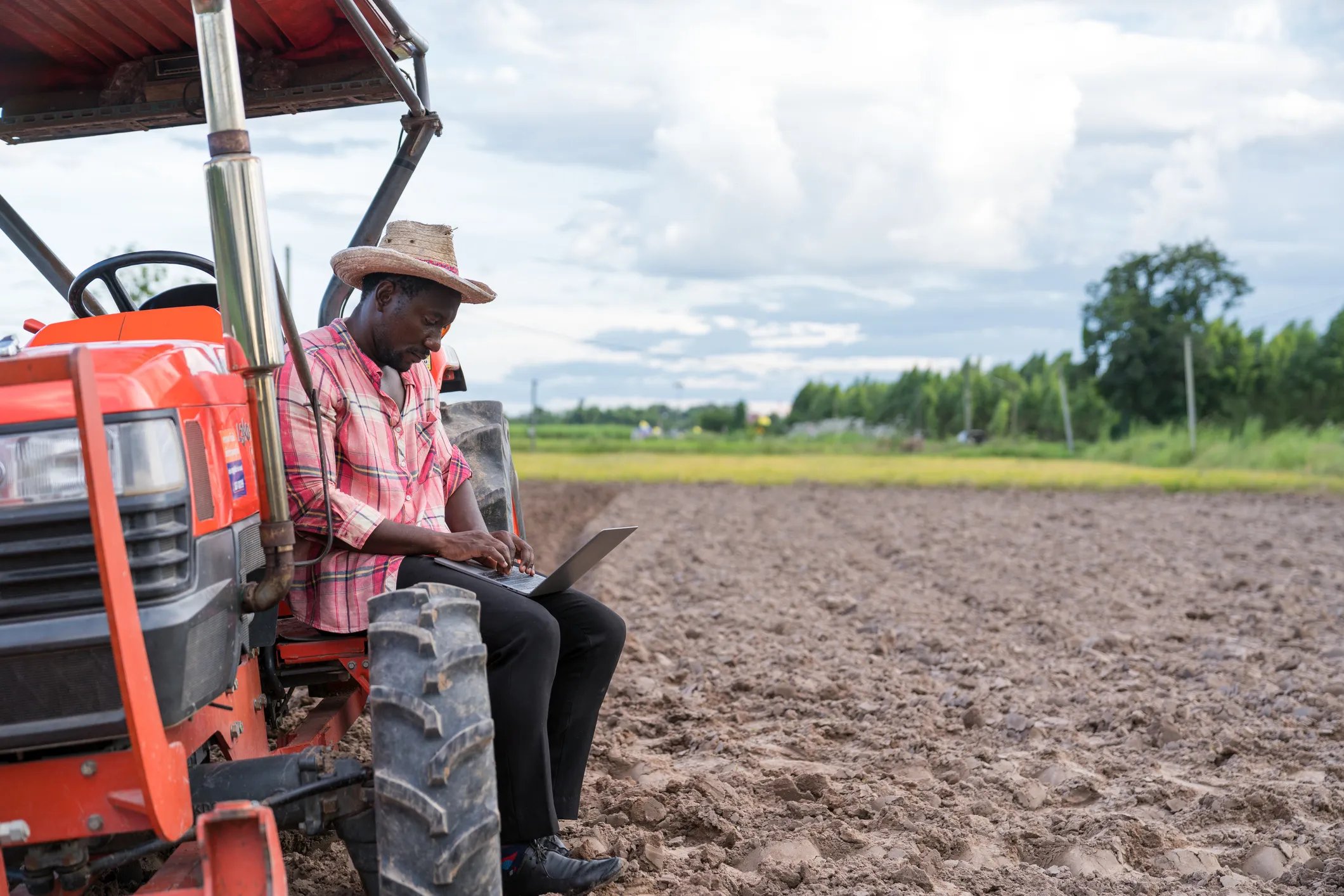The U.S. Department of Agriculture (USDA) is eliminating language that it has used for decades to address groups that have been the targets of past discrimination. In doing so, the USDA is further scaling back its efforts to address a long history of discrimination against Black and other minority farmers. Instead, under the Trump administration, the government is declaring that it has done enough to respond to discrimination.
USDA eliminates ‘socially disadvantaged’ category
According to a July 10 ruling, “The U.S. Department of Agriculture (USDA) has independently determined that it will no longer employ the race- and sex-based ‘socially disadvantaged’ designation to provide increased benefits based on race and sex in the programs at issue in this regulation.” The agency’s summary statement acknowledges, “The USDA has faced a long history of litigation stemming from allegations of discrimination in the administration of its farm loan and benefit programs.” However, the statement concludes the department has done enough to address these issues, as “past discrimination has been sufficiently addressed and that further race- and sex-based remedies are no longer necessary or legally justified under current circumstances.”
‘A deliberate and disgraceful step backward’
This ruling reverses a set of policies that have been in place for 35 years, Capital B News reported. The 1990 Farm Bill included the “socially disadvantaged” language to address groups that had faced discrimination in the farming industry, including Black farmers and other racial and ethnic minorities. These policies included providing outreach and information on access to grants and other assistance for farmers. While some have criticized the “socially disadvantaged” language for being too broad, there is a concern that the change of language will cut off Black farmers from helpful assistance. “It’s no secret that the Department has a long history of locking out and leaving behind Black, Brown, and Indigenous farmers,” Rep. Shontel Brown, D-Ohio, the vice ranking member of the House Committee on Agriculture, said in a statement. “Now, this administration is taking a deliberate and disgraceful step backward on the path to attempt to right the historic wrongs.”
Trump administration continues rolling back ‘DEI’ policies
The elimination of the “socially disadvantaged” category represents one policy change among many expected to disproportionately impact Black farmers as the Trump administration continues its campaign against diversity, equity and inclusion programs and initiatives. As Blavity reported, a group of white farmers sued the Biden administration in 2021 to block a program providing loan forgiveness to “socially disadvantaged farmers.” The same group sued the Trump administration this year over what it claimed were continuing diversity, equity and inclusion policies. Earlier this month, the USDA announced that it was closing its 12 Regional Food Bank Centers, which have provided grants to small and medium-sized farms and food businesses. Rep. Bennie Thompson, D-Miss., criticized the closure of the food bank center that covered the Mississippi Delta region, describing the center as “an opportunity for farmers in the Mississippi Delta and across the South to access the capital, markets, and support they had been denied for generations.” The closure of this center is expected to hurt farmers in the Delta region, where 30% of the nation’s Black farmers reside.
Together, these policy changes from the Trump administration will make things even more difficult for Black farmers, who have faced decades of discrimination and limited access to financial resources. Despite the administration declaring that it had “sufficiently addressed” the history of discrimination against Black and other marginalized farmers, Black farmers are likely to face even more challenging circumstances in the future.
